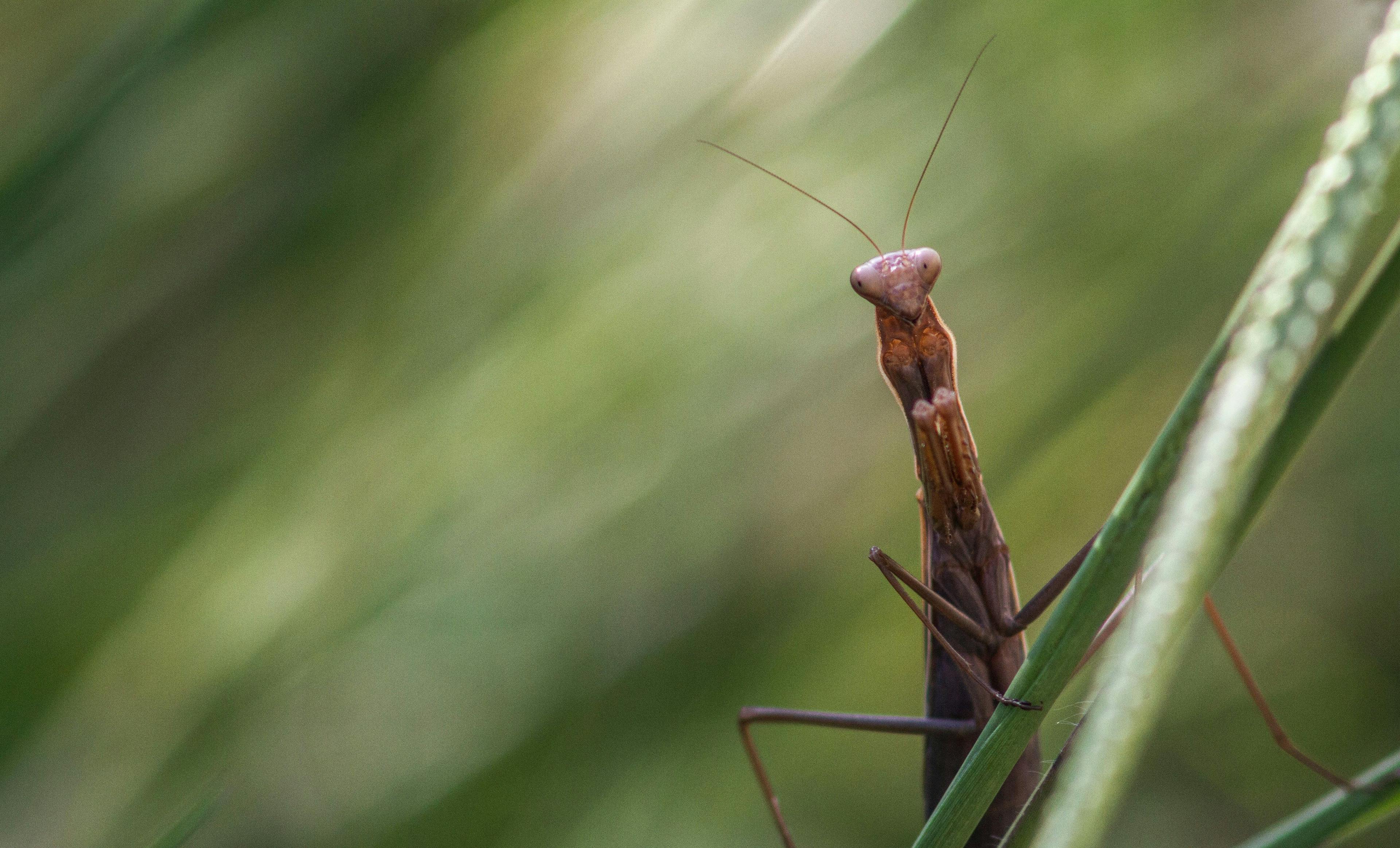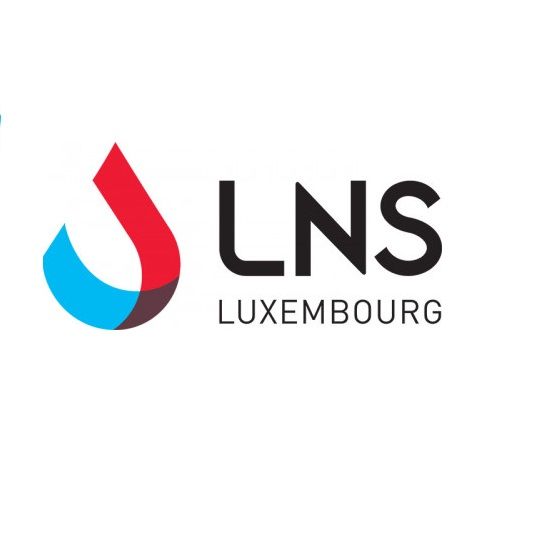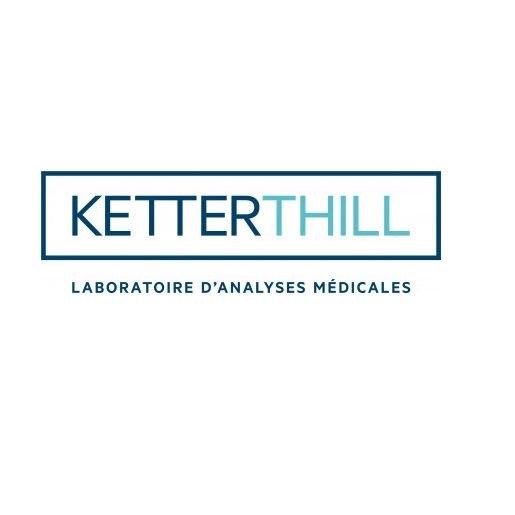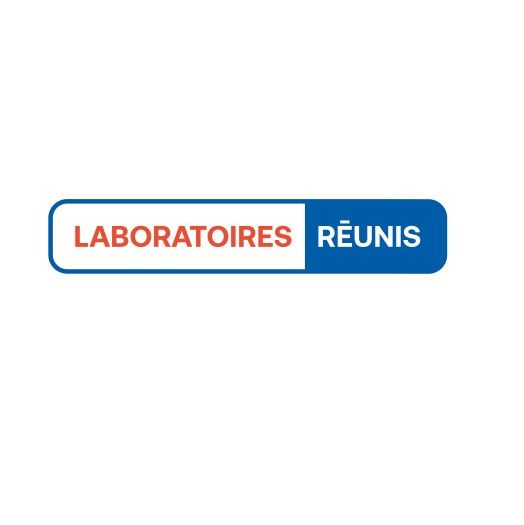
Working in the biology field in Luxembourg
We will take a look at required education, and essential skills, diverse job opportunities in the field of biology in the country.
Biology, as a science, deals with the study of living organisms, specifically their origin, evolution, and properties such as nutrition, morphogenesis, reproduction, and pathogenesis. It not only describes individual organism characteristics and behaviors but also extends to species as a whole, encompassing the intricate interactions between living beings and their environment. The overarching goal is to unravel the common structural and functional dynamics inherent in all living entities, establishing general laws governing organic life and its underlying principles.
Education and skills required to work in the biology field
What studies should one pursue? The vastness of biology necessitates a clear understanding of one's interests within the discipline. This understanding guides the choice of programs, universities, and careers.
Here are 10 notable biology-related careers that one can pursue in Luxembourg as well.
Biotechnology
Environmental Biology
Marine Biology
Health Biology
Microbiology
Bioengineering
Biochemistry
Zoology
Agronomic Engineering
Geology
Studying process
Selecting a career path also helps define a potential specialization. The journey to becoming a biologist typically spans 6 to 9 years, allowing interests within biology to evolve over time.
Regardless of the chosen career, certain traits define individuals in the biology field, accompanied by essential skills that should be possessed or developed. Professionals in this field are distinguished by their motivation for medical research and the analysis of issues related to the protection of natural species and their environments.
What kind of biology jobs are available in Luxembourg?
Luxembourg, renowned for its banking and financial sector, may not be the first destination that comes to mind for biology careers, but the field has a growing presence, albeit with a comparatively fewer number of job opportunities. Despite potential limitations in certain biology subfields, Luxembourg's thriving startup scene and high levels of investment in these ventures create a promising environment for career growth in biology.
BioTech Startups
With one of the highest startup investment rates in Europe, Luxembourg's capital, Luxembourg City, stands as the EU's capital of venture capital. Major venture capital firms have established offices here, fostering a prosperous business landscape. Some startups in Luxembourg operate within biology-related domains, and new ventures in this field can emerge rapidly. As these companies expand, the demand for professionals in biology-related roles is expected to increase.
Available jobs in biology field in Luxembourg





What is the best way to start a career in biology?
The surest method that will not only provide you with employment, but also the opportunity for further growth and residency in the country, is to pursue higher education. The University of Luxembourg is known for its multinationality, advanced research areas and nearly free public education.

Blog article on studying in Luxembourg as a student
Where to find a job in the biology field in Luxembourg?
If you're eager to explore biology jobs in Luxembourg and wondering where to find them, we've got you covered. In this section, we'll address your queries and guide you through the process.
Luxembourg establishments recruiting in biology field
While the number of biology-related job offerings in Luxembourg is limited, several notable companies actively recruit in these areas.




Job portals offering vacancies in Luxembourg
To navigate the job market efficiently, the internet is your best ally, hosting numerous job portals with thousands of job listings. These platforms allow you to filter job offers based on your preferred sector, location, educational level, or required work experience.


Freelance option in biology
Working as a freelance professional in the field of biology is relatively uncommon due to the nature of the work, which often involves complex research projects, collaborative studies, and access to specialized laboratory equipment.
Biology typically requires a team-based approach, with researchers and scientists working together to conduct experiments, analyze data, and draw meaningful conclusions. Moreover, many biology-related tasks demand stringent adherence to ethical and safety standards, which can be challenging to uphold as an independent freelancer.
However, in cases where the work involves data analysis, scientific writing, or consulting services, freelancing could be a viable option for biology professionals seeking more flexibility or those with specialized expertise applicable to specific projects.
What else can you read on the topic of employment in Luxembourg?
You will find a variety of articles on the job search, career development and workplace culture in our dedicated section of the Blog. Check it out.
Salaries of professionals in biology field in 2024
The salary range for professionals in the biology field in Luxembourg is diverse, given the extensive branches and levels of specialization within the discipline. While providing specific salary figures is challenging due to the broad spectrum of sub-disciplines, qualifications, and experience levels, we aim to offer indicative ranges for specific areas.
| Role | Minimum (euros) | Maximum (euros) |
| Laboratory technician | 2,026 | 4,652 |
| Medical laboratory technician | 2,357 | 4,595 |
| Pharmaceutical laboratory technician | 1,804 | 5,145 |
| Ophthalmology laboratory technician | 3,187 | 6,056 |
| Microbiologist | 1,600 | 4,870 |
| Biologist | 2,391 | 5,586 |
| Geneticist | 3,846 | 5,997 |
| Bacteriologist | 3,846 | 5,997 |
The variability stems from the numerous sub-branches in each field, the influence of qualifications, and the impact of professional experience. Source: Paylab.com, lohnspiegel.lu
No need for microscope!
Entry-level positions typically earn an average of 2,000 euros gross monthly. As one progresses, he or she can expect to earn between 4,000 and 6,000 euros gross per month.
What papers do you need as a foreigner?
For European nationals, the process of working in Luxembourg is relatively straightforward, given the freedom to live and work in any European country. However, if you are not a European national, navigating the paperwork becomes essential.
The requirements vary based on your circumstances, distinguishing between employed and self-employed roles. Additionally, familial situations, such as having a Luxembourgish or European partner, can impact the process.


Work permit in Luxembourg
Frequently Asked Questions (FAQ)
What are the key sectors for biology jobs in Luxembourg?
Luxembourg offers diverse opportunities in sectors such as healthcare, environmental science, research institutions, and biotechnology. Public health organizations, diagnostic laboratories, and environmental agencies contribute to the demand for biology professionals.
Where can I find biology jobs in Luxembourg?
Explore international job portals like LinkedIn, Indeed, and EuroJobs, as well as local platforms such as jobfinder.lu, jobs.lu, monster.lu, and moovijob.com. Company websites and networking events also serve as valuable resources.
What companies in Luxembourg actively recruit in the biology field?
Notable companies include LNS - Laboratoire National de Santé, Laboratoire Ketterthill, BIONEXT, and Laboratoires Réunis. These organizations focus on medical biology, pathology, genetics, and health protection, offering diverse roles for biology professionals.
Can I work freelance in biology in Luxembourg?
Source: cienciasnaturalesultra.jimdofree.com, www.euroinnova.edu.es, www.universia.net, www.cidj.com, www.onisep.fr, www.cidj.com, www.cidj.com, www.indeed.com, lohnspiegel.lu
We took photos from these sources: S N Pattenden on Unsplash